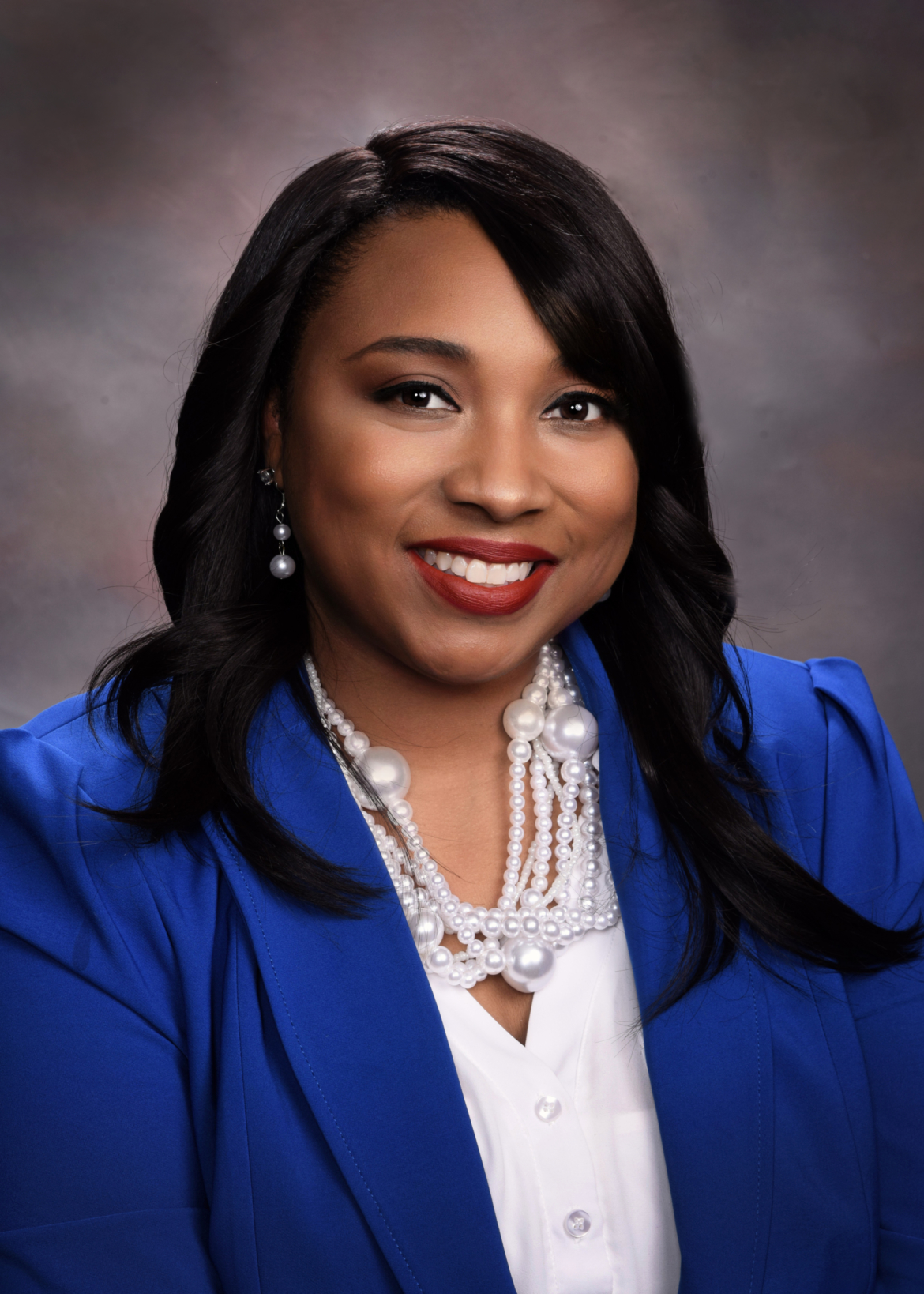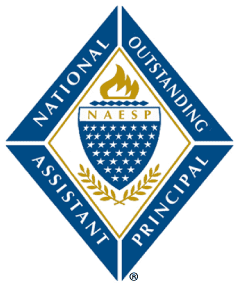
Queesha T. Tillman
Loyd E. Auman Elementary School
Fayetteville, North Carolina
queeshatillman@ccs.k12.nc.us
Best Practices
1) The significance of building and maintaining a safe, caring, and healthy school environment that meets the academic, social, emotional, and physical needs of each scholar is a hallmark of my school leadership philosophy. I strive for equity of educational opportunity and culturally responsive practices to promote each scholar’s academic success and well-being in every PD program, or club I create for our school. With the implementation of the program under Capturing Kids Hearts, the primary focus is to develop healthy relationships between members of a school’s educational community and to teach effective skills. Some of the key skills this program is designed to promote is teacher-scholar rapport, effective scholar managed groups, empathy for diverse cultures and background, and scholar’s accountability for his or her actions. This program has shown to be highly effective when coaching teachers and staff the techniques of the program, feedback and reflection on classroom implementation. This program has shaped our scholar’s classroom experiences and school policies; as well as addressed scholar misconduct in a positive, fair, and unbiased manner.
Pearls of Virtue and Men of Courage are the mentoring programs I established at our school. The programs are designed to promote friendship among peers, address self-doubt and low self-esteem, increase positive attitude towards school and learning. learn positive behavior techniques, and explore life skills. The mentoring program has an application requirement along with parent permission. No scholar is turned down from this program.
I recently developed Social Emotional and Equity Learning (S.E.E.L.) Team to examine the importance of the range of faculty and scholar identities and assets, reflect on and appreciate diversity, and foster an inclusive environment through scholar small groups. staff sessions, and monthly activities. The S.E.E.L. Team’s primary responsibilities also include ensuring that each scholar has equitable access to effective teachers, learning opportunities, academic and social support, and other resources necessary for success. This group is composed of our school counselor, social worker, and psychologist, social and emotional coach and care review consultant. This leadership team’s purpose is to deliver social/emotional and equity training or PD for teachers to use in the classroom provide skill building in small groups for all scholars, and design opportunities to address social and emotional needs for teachers’ mental and emotional wellbeing.
These are just a few examples of how I lead our school community to confront and alter institutional biases and inequitable practices to ensure the academic success and well-being of all scholars.
2) As a school leader, I tend to fluctuate amid Transformational, Servant, and Strategic leadership styles based on the situation(s) at that moment. I take satisfaction in developing relationships with every individual in the building, which in turn promotes a deepening ability to differentiate duties and tasks with individuals and teams and manage accordingly. This means that I may have to switch leadership styles with individuals and teams in an effort to maximize performance of administrative systems and monitor school operations.
Planning with the school improvement team serves as my foundational focus of our school’s mission and vision. The process of this collaborative leadership team defines the year’s targeted goals and objectives, steps to completion, and identifies responsible parties. I highlight the vision of our school in all the school leadership opportunities I am involved. Delivering actionable feedback about instruction and other professional practice through valid, research-anchored systems of supervision and evaluation to support the development of teachers’ and staff family members’ knowledge, skills and practice remain a key task of mine as an effective school leader.
I have created and continue to manage the following: master schedules, faculty duty schedules, instructional assistant schedules, school calendar, office calendar, weekly newsletters, social media materials, committee/correlate teams, data day scheduling, testing training and data meetings scheduling, discipline data meetings, school program logistics, EVAAS data meetings, NCEES observation and evaluation scheduling, bus monitoring scheduling, and other facility logistical needs.
I tend to pull from my Transformational and Strategic leadership styles when managing and monitoring the human resources, provision of professional development and training instructional leadership pieces of my role as assistant principal. I have created frameworks, interventions, allocate resources and maintain systems for reforms to take place. In addition, analyzing data on school-wide learning allows me to respond with the most suitable approach for recruitment, supporting and retaining our effective teachers and other professional staff while forming them into an educationally effective faculty. I provide opportunities such as effective induction and mentoring of new personnel and differentiated opportunities for learning and growth, guided by understanding of professional and adult learning and development.
Servant leadership is truly at the heart of my leadership style. I completely agree with these words quoted from Principal Kafele’s (2019), The Aspiring Principal 50: “When it becomes about you, everyone loses. Always keep in the forefront of your mind and in your planning that you are there to serve.” I am not the type of school leader to give orders and not be present to assist. In every activity or event, I am the first one on the scene providing the sweat equity to get the job done. “Team work makes the dream work” is one of my core mottos, but I think an effective leader must be the example staff can follow. Therefore, whatever I ask of our staff family, I am also participating along with them.


